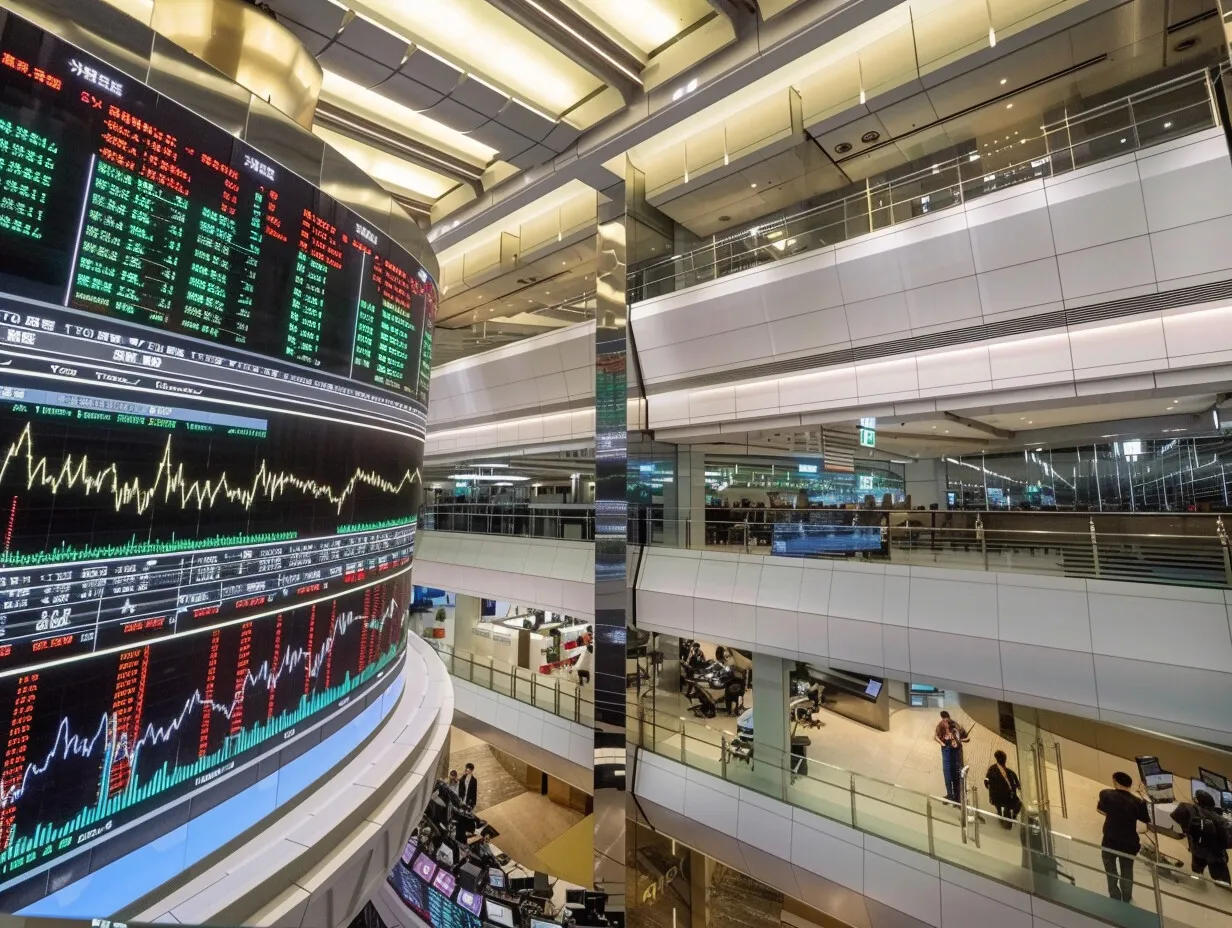In the dynamic landscape of European tech, 2023 has emerged as a year marked by a significant bifurcation. The divergence between tech enterprises with robust financial backing and those grappling with funding challenges has become more pronounced than ever before.
AI defies market downturn
While overall venture capital spending experienced a slump of 45%, totaling $45 billion, AI stood out as a resilient force. The launch of OpenAI’s ChatGPT in November 2022 appears to have injected new life into the AI sector. Investors, undeterred by crashes in public markets and escalating interest rates, continue to flock to AI ventures. Evgenia Plotnikova from Dawn Capital notes, “Candidly, the greatest ‘haves’ of today is AI, where it feels like gravity doesn’t exist when it comes to the amount of funding and valuations.”
AI secured nearly a fifth of all funding to European startups in 2023, fueled in part by substantial investments in German companies Aleph Alpha and DeepL. Maxine Rior of Northzone emphasizes the persistence of a historical trend, stating, “There has always been a bifurcation in tech markets, and I think that’s just been emphasized over the past year, so we’re seeing it more so than ever.”
Funding dynamics: The AI surge and other sectors
AI’s gravity-defying growth
The gravitational pull of AI is evidenced by the increasing attention and financial injections it continues to attract. The hype and FOMO (fear of missing out) surrounding AI have propelled companies in this space to the forefront, contributing to the widening gap between tech entities with ample resources and those struggling to secure funding.
Early stage and emerging teams
Beyond AI, investor interest in Europe’s early-stage startups has also been notable in 2023. Emerging teams from growth-stage businesses have successfully navigated the competitive landscape, securing competitive funding. This demonstrates that, despite the overall funding challenges, promising ventures can still attract attention and support.
Struggles in once-hot sectors
Conversely, sectors that were previously darlings of venture capital investment are now facing headwinds. Consumer fintech, Web3, crypto, rapid grocery delivery, and online events have all fallen into the category of ‘have-nots.’ European fintech, for instance, witnessed a staggering 70% decline in investment, dropping to $5 billion in the first half of 2023 from $17.1 billion in the previous year.
David Thevenon of Balderton Capital emphasizes the elevated bar for startups seeking funding, stating, “What we’ve seen is that the bar for start-ups to raise is higher than it has been for a long time.” Even in sectors traditionally considered hot, such as AI and security, companies with middle-of-the-road characteristics are finding it increasingly challenging to secure investment.
Implications for the tech ecosystem
The widening gap between tech ‘haves’ and ‘have-nots’ carries implications for the broader tech ecosystem. As expectations from potential investors soar, startups find themselves grappling with heightened scrutiny and a more demanding funding landscape. The stark disparities in funding levels across sectors underscore the need for adaptability and innovation to navigate the evolving dynamics of the European tech scene.





